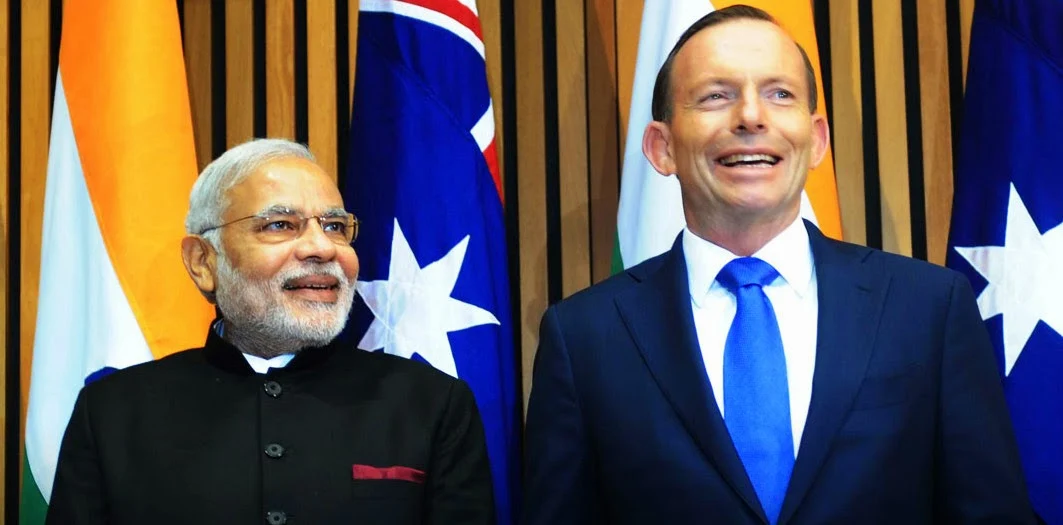Said : Switzerland's Ambassador to India Linus von Castelmur in an interview with PTI in Mumbai as reported by most Indian media today. PTI's story titled "Come with proof, not for fishing : Swiss to India" is expected to be front page news item in tomorrow's print media. PTI's synopsis of the story says : "As India continues its pursuit of black money allegedly stashed abroad, Switzerland has said it would not entertain any "fishing expedition" and authorities cannot ask for names of all Indian account holders in Swiss banks without doing their own independent investigations."
As per the News Nation, the Swiss Ambassador told PTI it was difficult to deal with the past and whatever has happened over the last 50 years or so "cannot be undone". However, he assured for Switzerland's full cooperation to the Indian government on the basis double taxation avoidance bilateral agreement with India. "In future cases of the money deposited by Indians, Germans or Americans in Swiss banks, the Swiss banking and taxation authorities would inform the national tax authorities of the client country and there will be transparency," the Ambassador was quoted to have said. He also made it clear that if somebody has obtained stolen data improperly-illegally, Switzerland cannot honour such claims. Swiss authorities can only work when there is true investigation by the Indian tax authority or the Enforcement Directorate. Not only that they must also have a clear prima facie evidence, that there has been a tax fraud involved. "Once they hand over a list thus prepared, we can cooperate and we will really try to cooperate," he reportedly said.
A quick glance at the officially available information in public domain indicates that although Switzerland has launched several initiatives to promote internationally coordinated action to combat potentate funds [monies illegitimately siphoned off public funds and transferred to international financial centres by holders of political power in dictatorial regimes], there is hardly any visible mention of the so called "Black Money" (all wealth, on which the applicable legal taxes have not been paid by the depositor) as people understand in India. They mostly talk of "heads of state and high-ranking officials (so-called "politically exposed persons" or "PEPs") who may fraudulently enrich themselves with public money and, if so, that they often move these so-called "potentate funds" abroad and invest them in international financial centres." In such cases they have a provision to freeze their assets but only in special situations, e.g. in the event of the collapse of a political regime. Generally, the Federal Council provides support to the judicial authorities of the states concerned, which can request mutual legal assistance from Switzerland, to help them initiate criminal proceedings. It is incumbent on the relevant judicial authorities of the country in question to initiate the necessary criminal proceedings and to demonstrate the illicit origin of the frozen assets.
We cannot undo the 'Black' past but can try for a 'White' (bright) future.
Under the Swiss legal framework, "potentate funds" have to be localised, frozen, confiscated and returned to the state where they originated. The process of restitution places specific demands on the states involved : they need to make sure, once the funds have been restituted to their country of origin that they are not fed back into the cycle of corruption, and sent to foreign bank accounts again. Switzerland claims that it is "working at an international level to ensure the effective implementation of the United Nations Convention Against Corruption (UNCAC) of 2003, specifically with potentates' assets."
Recently, during the annual meeting of the Global Forum on 29 October 2014 in Berlin, Switzerland became the 52nd jurisdiction to sign the Multilateral Competent Authority Agreement, which will allow it to go forward with plans to activate automatic exchange of financial account information in tax matters with other countries beginning in 2018.
More information from Switzerland's Federal Department of Foreign Affairs (FDFA) can be accessed from it's website.











